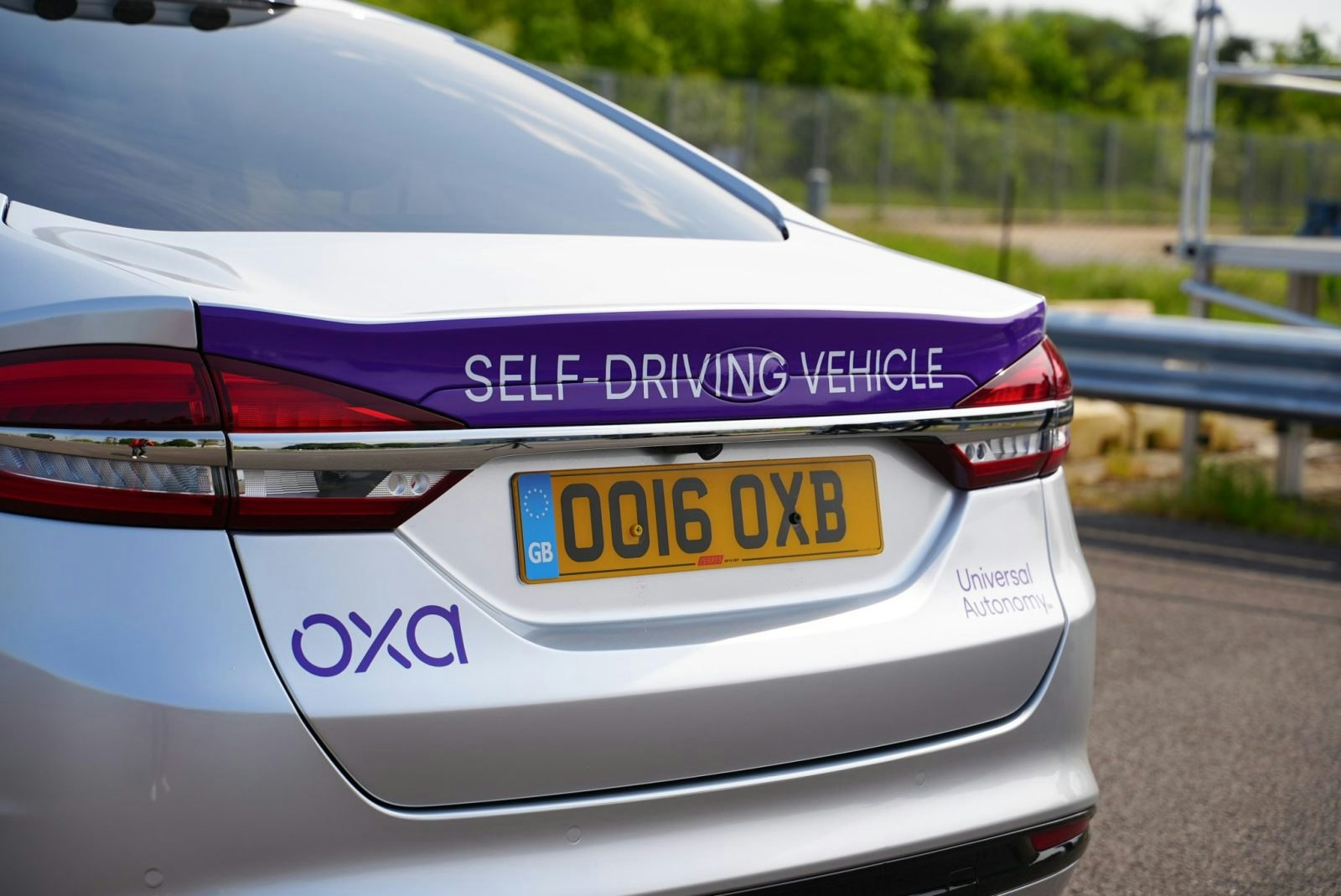New Enterprise Associates, one of the world’s biggest VC firms, has made a rare bet on a European startup: Stockholm-based Sana Labs.
The AI-for-enterprise startup says it wasn’t even looking for money — flush with cash after a $34m round in December — but US-based NEA made a “proactive offer”.
In a move demonstrating just how keen investors are to back the next hot thing in AI, NEA has led a $28m extension to Sana’s Series B — with Workday Ventures participating as a strategic investor.
Improving the product
While investor hype around AI has never been hotter, neither has the competition. Sana Labs is going toe-to-toe with the likes of Google and Microsoft as it builds products for companies looking to harness the power of the technology, and cofounder Joel Hellermark says part of the funding will go towards strengthening his team of AI talent, growing the company from 70 to 120 people this year.
One new product that the company shipped recently is an “AI agent” that can carry out complex tasks for the user, working across different apps and databases.
“It's like ChatGPT for your company's knowledge and data,” he says. “Salesforce can be difficult to use — now you can ask an agent to accomplish actions in Salesforce on your behalf.”
Hellermark adds that all of these actions will first have to be approved by a human, due to generative AI’s tendency to “hallucinate” and make mistakes.
And while the total sum of $62m for Sana’s Series B pales in comparison to the $11bn Microsoft has invested in OpenAI, the San Francisco-based generative AI frontrunner, Hellermark says that the ability to navigate between different apps and provide bespoke solutions for clients sets it apart from the big tech competitor.
“Microsoft is heavily focused on building a general AI across all of their different apps, but then there's this separate ecosystem of other applications and we're looking to build a ubiquitous AI across those tools,” he says.
Company-specific data
Hellermark adds that Sana’s product uses around a dozen different AI models, which are fine-tuned on company-specific data. This, he says, is helping technical clients like Merck and Svea Solar to speed up research.
“It's become Svea Solar’s home for learning and knowledge,” says Hanna Mannberg, chief human resource officer at Svea Solar. “We see the latest iteration of Sana AI as a productivity gamechanger."
Hellermark believes that there’s a big market to serve as more businesses — like the tech scaleups and manufacturing multinationals it already serves — will require bespoke AI systems that draw on their own sensitive information.
“Increasingly, companies will want to fine-tune and own their own models,” he says. “There's going to be very unique contexts where they have to be deployed — whether it's privacy or latency concerns — so I think there's not going to be one big foundational model that everyone relies on.”
Who’s going to create value in generative AI?
Sana is far from the only company working on this bespoke “models-as-a-service” approach. Others in Europe include London-based Stability AI, Heidelberg-based Aleph Alpha and Paris-based LightOn.
But the Stockholm-based startup appears to be edging these European rivals when it comes to signed-up clients. It already counts the likes of healthtechs Kry and Alan, BNPL company Klarna and household appliance multinational Electrolux among its customers. It's also beefing up its international market presence, having recently opened offices in London and New York.
The question will be whether, as AI models become more accessible and commoditised, in-house software teams will be able to easily build their own systems.
AI investor Lonne Jaffe of Insight Partners recently told Sifted that he’d spoken to a multinational who’d fine-tuned a generative AI system themselves, without needing much technical knowhow: “It doesn't seem to be that hard to fine-tune these models,” he said.
And, given that Google recently said it had “no moat” as open source models continue to improve, all bets are off as to who will be the biggest winners from generative AI.


